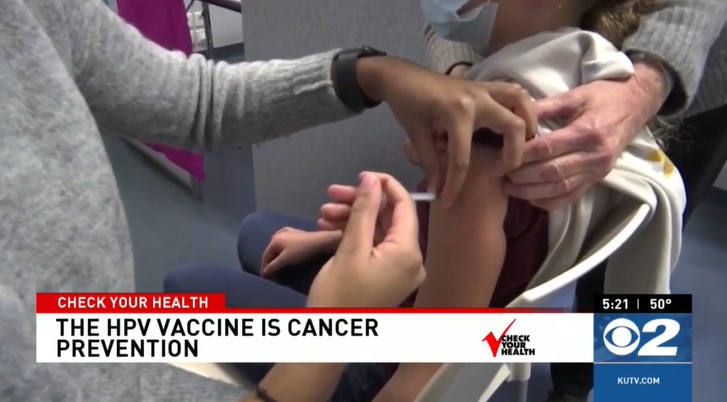According to the Centers for Disease Control and Prevention (CDC), 34,800 women and men are diagnosed with a cancer caused by the Human Papillomavrius (HPV) in the United States every year. Although cervical cancer is the most well-known of the cancers caused by HPV, there other types of HPV cancer, including
- cancers of the cervix, vagina, and vulva in women
- cancer of the penis in men
- cancers of the anus and throat in men and women.
- Cancers of the anus and throat, including the base of the tongue and tonsils (oropharynx) in both women and men.
Fortunately, the HPV vaccine protects against nine different types of cancers.
Why is the HPV vaccine recommended for young teens?
HPV is a common virus – one in four people are currently infected with HPV in the U.S. including teens. The HPV vaccine helps protect against common sexually transmitted infections that can cause cancer.
HPV can be passed even when an infected person has no signs or symptoms. Anyone who’s sexually active can get HPV, even if you’ve had sex with only one person. Even if your child isn’t currently sexually active, the HPV vaccine protects them throughout their life from future partners who may be carriers of the HPV virus.
“As parents, we want to protect our children from cancer if at all possible,” says Neal Davis, MD, Pediatric Medicine at Intermountain Healthcare. “HPV vaccine is a way we can do exactly that by protecting him or her from future cancers caused by HPV.”
Children can receive the HPV vaccine at age nine and need only two shots if they start the series before age 15
Starting the HPV vaccination at a younger age is smart, because your child will be protected earlier and will only need two shots instead of three.
Current recommendations for the HPV vaccine from the U.S. Centers for Disease Control: Nine year-old girls and boys should receive two doses of the HPV vaccine at least six months apart.
Teens and young adults who start the series later, at ages 15 through 26 years, will need three doses of HPV.
According to the CDC, 60 percent of adolescents nationwide received one or more doses of the HPV vaccine in 2016, an increase of 4 percent from 2015.
Side-effects to the HPV vaccine are mild. They include redness, pain, swelling, joint pain, and nausea. Physicians suggest those receiving the vaccine stay in the office for 15 minutes afterward as a simple precaution.

